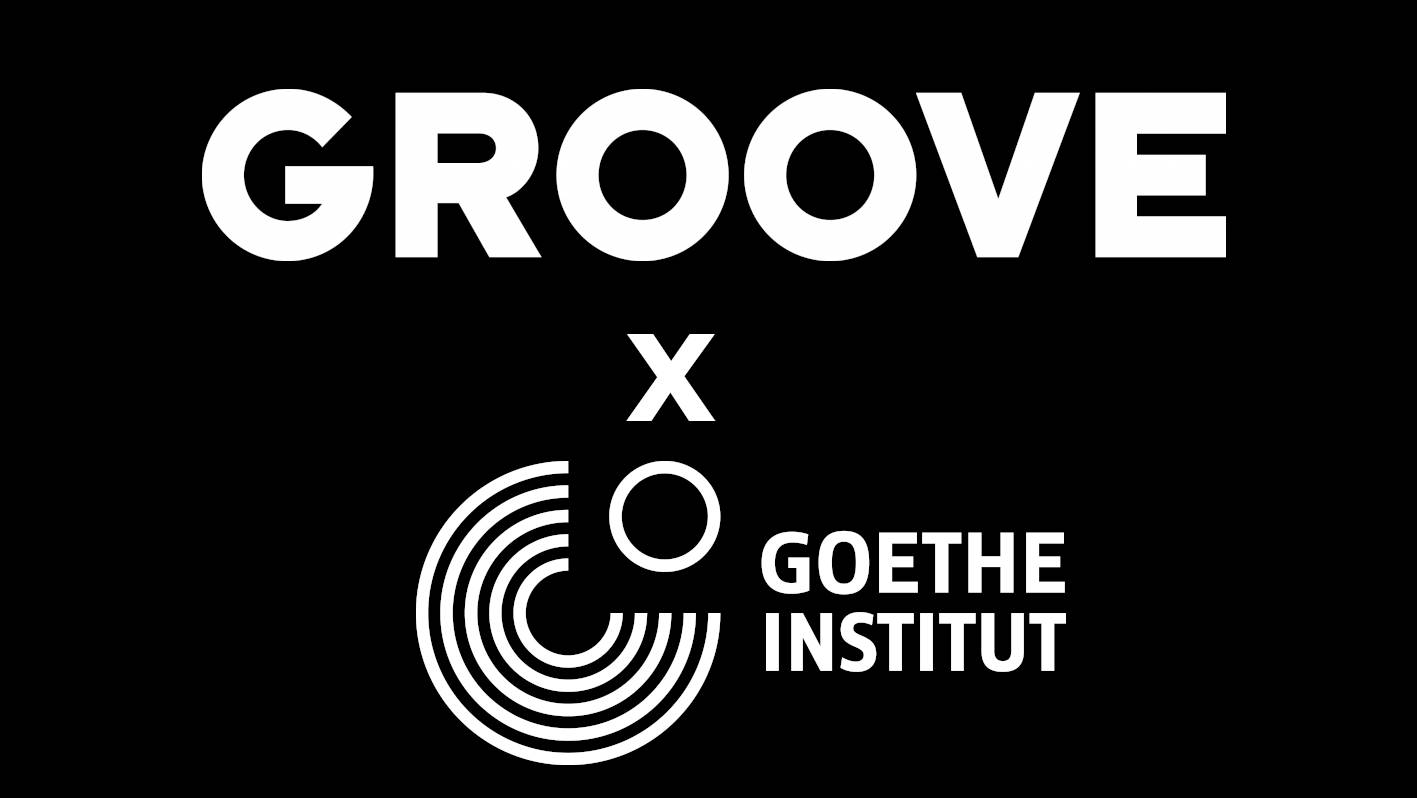The Global GROOVE: Electronic Music Journalism project, organised by GROOVE in collaboration with the Goethe-Institut, enters its final stage: in the coming weeks, you’ll be able to read reports from regional scenes from all over the world.
In just under a year, we have gone from joining hands to washing them frantically at every possible moment. The air we breathe is potentially dangerous when we are with other people. The social connections and the experience of the collectivity that are so crucial to our lives have become dangerous. Yet, and now more than ever, we need to come together – if only in a virtual form.
The Global GROOVE: Electronic Music Journalism programme organised by GROOVE in collaboration with the German Goethe-Institut was born out of exactly that idea: to provide aspiring music journalists with an opportunity to have a global exchange and discuss their perspectives on a kind of music that is enjoyed in virtually every corner of the world. Over a two week period, ten selected participants discussed the intricacies of music journalism, the problems that come along with it and the perspectives they see for the future. Now, they will invite us into their worlds.
In the following weeks, you will be reading about the development of Istanbul’s queer scene and how Indian door policies turn away inclusivity. You’ll learn about South Africa’s afro house vocalists and how one Detroit producer overcame one obstacle after another. There will be pieces on feminist approaches to live coding in Mexico and a critical reflection on the (neo-)colonial structures that shape the Latin American music scene until this day. You’ll be able to learn about a specific type of music in Egypt, but also get to know one of the central but decidedly low-key figures in Chinese club culture and how electronic music is exploding in East Africa. There will even be a literary piece exploring queer raving in an illiberal culture.
The articles by – in alphabetical order – Amaan Khan, Crystal Mioner, Fady Adel, Gustavo Gómez, ılgaz yalçınoğlu, Jaime Chu, Jackie Queens, Lucy Ilado and Steffanie Torres will be published in their respective first languages and English in order to make them accessible to both people from the region that is at the centre of their pieces and a broader audience. We hope that they will be read and discussed widely.
In the past months, we have witnessed more and more discussions taking shape about the inequalities within a culture that prides itself in being a progressive social force. We firmly believe that now is the time to listen to the stories of regions in this world that have vibrant cultural scenes but which are often overlooked in favour of Europe or North America, where most of the cultural and actual capital of the global dance music industry is located.
During our time discussing and communicating with the ten participants, while bouncing back and forth ideas for articles or dissecting their pitches and first drafts to us, we as the project supervisors learnt a variety of lessons. Whether our own prejudices or in fact ignorance towards some regions and cultures or our ideas of what constitutes quality music journalism: we continuously were able to reconsider our place in this (music) world and are grateful to the Goethe-Institut and most importantly the participants for making this possible. The biggest lesson we’ve learnt however was that despite all distances and differences, solidarity and exchange are at once crucial and very much possible – not only between journalists.
We thus sincerely hope that the articles that will be published in the following weeks will open the doors through which our readers can step into unknown territories or behind which they can immerse themselves in topics about which they previously have only had limited knowledge. That is after all what both music and music journalism should offer. We’d like to thank everyone involved for reminding us of that so passionately.
Kristoffer Cornils and Laura Aha on behalf of GROOVE and the Goethe-Institut
